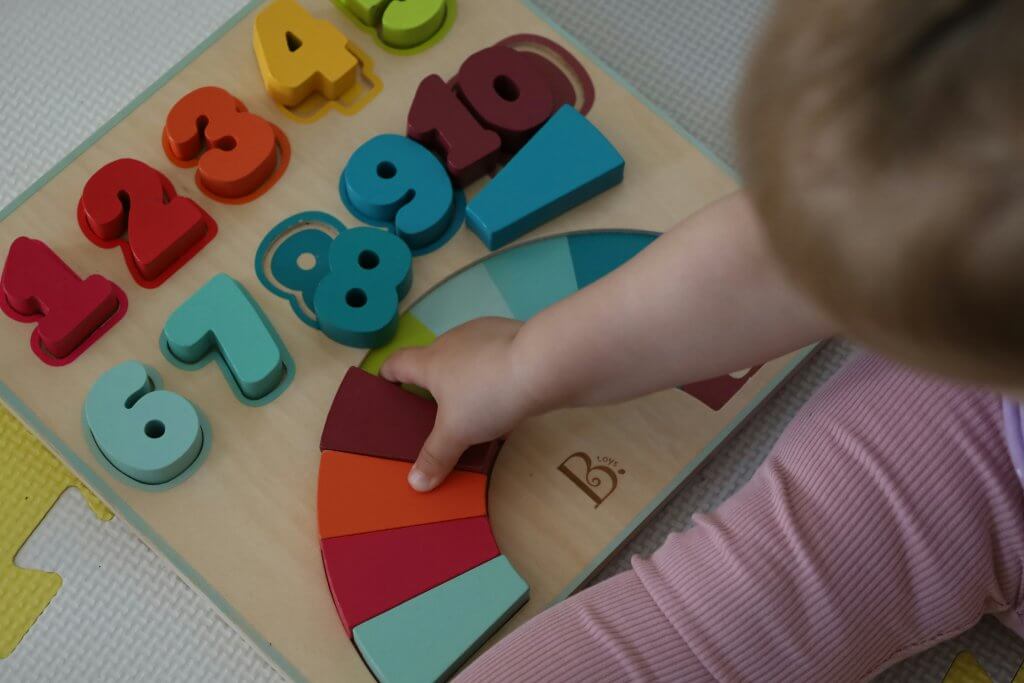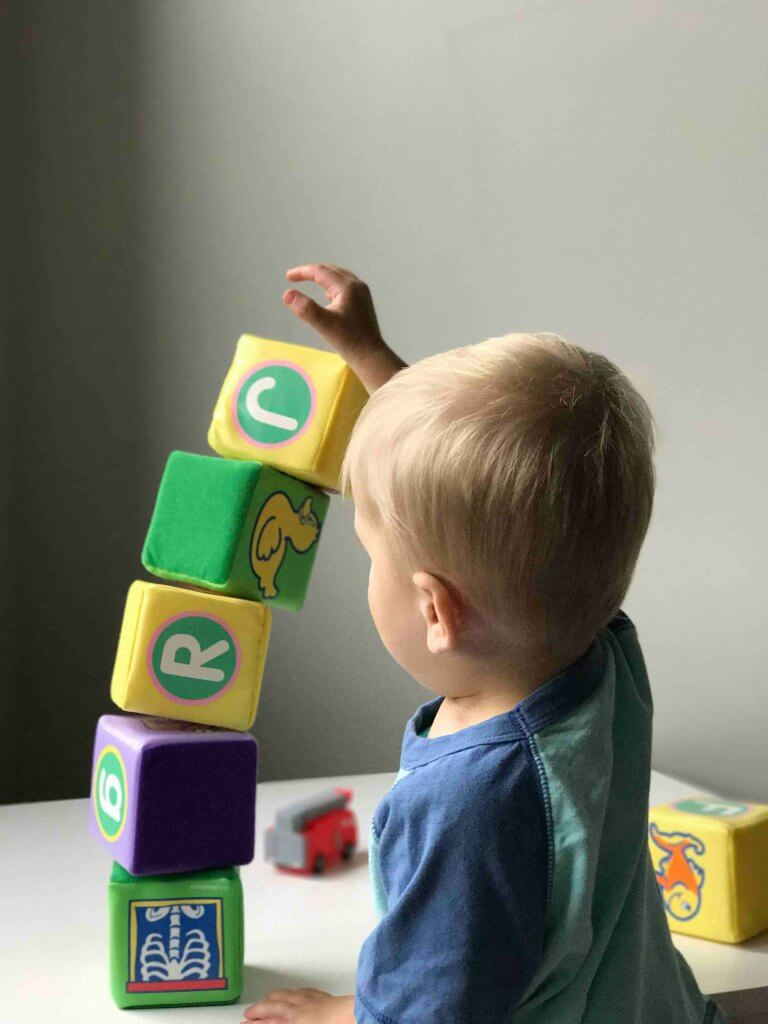5 Early childhood education tips to promote child development
Research shows that 90% of brain development takes place between the ages of 0 and 5 years old, a period of time referred to as early childhood. Since this is when the brain is at its most flexible, it’s the best time to promote lifelong learning, prosocial behavior, and acquiring crucial life skills. Thoughful and intentional early childhood education is the best way to ensure success for yuor child, and to guarantee a smooth transition through other child development stages.
Going beyond that 0-5 age range, impactful early childhood development in one of the best predictors of academic success and general well-being. In this article, we’ll walk through what early childhood education is, why it’s important, and our expert-tested tips for facilitating your child’s development.
What is the importance of early childhood education?

Early childhood education is what we call the formal and informal ways of guiding children through developmental milestones. In other words, childhood development refers to the specific milestones children hit as they age, and childhood education refers to the methods and techniques used to support that development.
Some of the most important skills the right early childhood education helps children master are:
- Language and literacy development: Reaching linguistic milestones has a huge impact on a child’s communication skills and how well they are able to learn new information later in life.
- Logical thinking: It’s important to instill problem-solving and basic math skills during these early childhood years.
- Self-control: One esential lesson to teach children is how to appropriately epress emotions.
- Self-confidence: Thorough early childhood education doesn’t just teach, but also empowers children to learn, which makes them more self-sufficient and helps them manage later challenges.
Research by the National Education Association shows that children who participate in early childhood education:
- Are less likely to repeat school grades
- Are more likely to graduate from high school
- Are higher earners than their peers
5 best practices for early childhood education
Not all early childhood development programs are created equal. To make said programs as effective for your child as possible, there are several teaching strategies that bring out the best in young learners. Make sure to be on the lookout for these characteristics when you’re looking for early childhood services.
1. Learning through play

Open play is one of the most valuable early childhood education tools there is; so much so that Albert Einstein once called it „the highest form of research“. The reason open play offers so much to your child is that children learn this way naturally – left to their own devices, your child would explore their environment in much the same way. Play-based learning promotes development by:
- Presenting opportunities to practice social skills: play-based learning envi
ronments are places children interact with one another to learn communication, empathy, and emotional regulation. - Helping your child develop cognitive skills: Frequent play, especially around other children, improves language skills, problem-solving ability, and creatvity.
2. Social-emotional learning
The best early childhood education teaches children to:
- Take turns
- Share
- Recognize social cues
- Express feelings appropriately
- Self-regulate
Play-based learning is a great source of social-emotional development, and so is any early childhood service inspired by Montessori philosophy. In addition to emphasizing the importance of open play, Montessori-informed childcare is child-centric and highly individualized; this means every child is able to explore their surroundings and focus on what is most compelling to them, of course with expert supervision.
3. Two-way communication
Two-way communication means listening to children and allowing them to express their thoughts, as well as building a relationship with families. This approach creates trust between teachers and children, which improves your child’s learning and motivation. Early childhood education programs can introduce two-way communication with:
- Open-ended questions
- Group discussions
- Creative activities
4. Multi-sensory instruction
Multi-sensory learning is key to child development, especially during early childhood when the brain is developing so rapidly. Hands-on learning that stimulates all the senses is the best way to promote well-rounded development, as well as give children the opportunity to absorb information according to their learning style.
Impactful early childhood education involves a mixture of visual, auditory, and tactile activities. For example, teaching children about different shapes by presenting objects for them to touch and play with.
5. Embrace diversity
Exposing children to a range of their peers during those early child development years is very important for hollistic development. Recognizing and processing differences is a constant activity for children at this age, and socializing your child early sets them up to thrive in diverse environments later in life.
Regularly spending time in mixed groups and hearing multiple languages accelerates cognitive and social development, as children learn to relate to others and their brains gain valuable practice processing unfamiliar information. Being around children of various ages is also great for development; children learn at different speeds and in different ways, so having the opportunity to see how their peers approach things introduces your child to new concepts and ways of thinking.
Baby Bee Spielraum as early childhood education
Baby Bee Spielraum’s core belief, just like Einstein’s, is that play is the highest form of research. As a Montessori-inspired playroom where parents can bring their children to explore a stimulating enivornment and connect with other children, there are countless avenues for sensory engagement. Focusing specifically on children in early childhood, our unstructured but supervised play-based learning approach makes the most of your child’s rapid brain development.
Building relationships with other children helps develop interpersonal intelligence, and an international environment immerses your child in diverse learning perspectives.